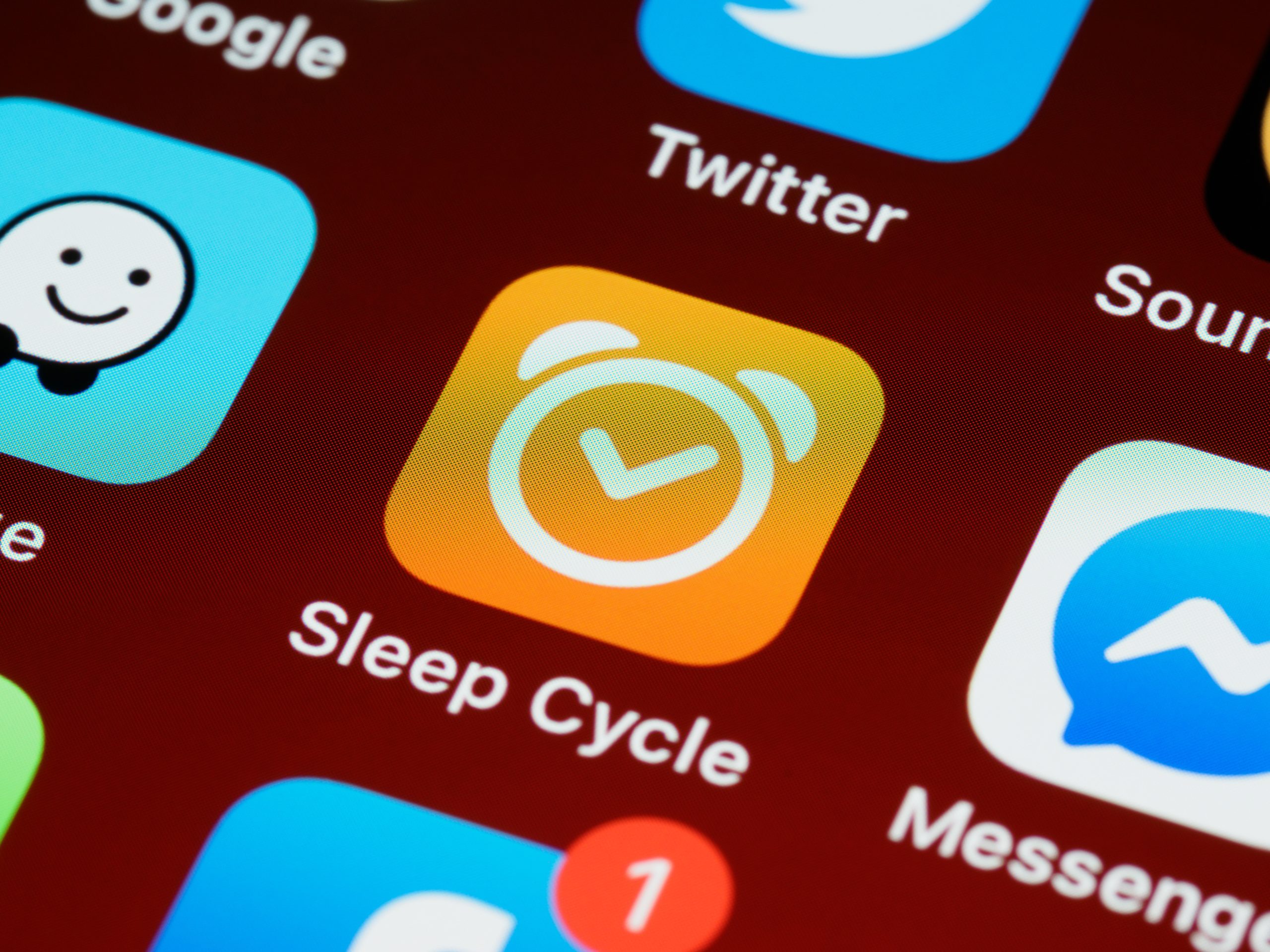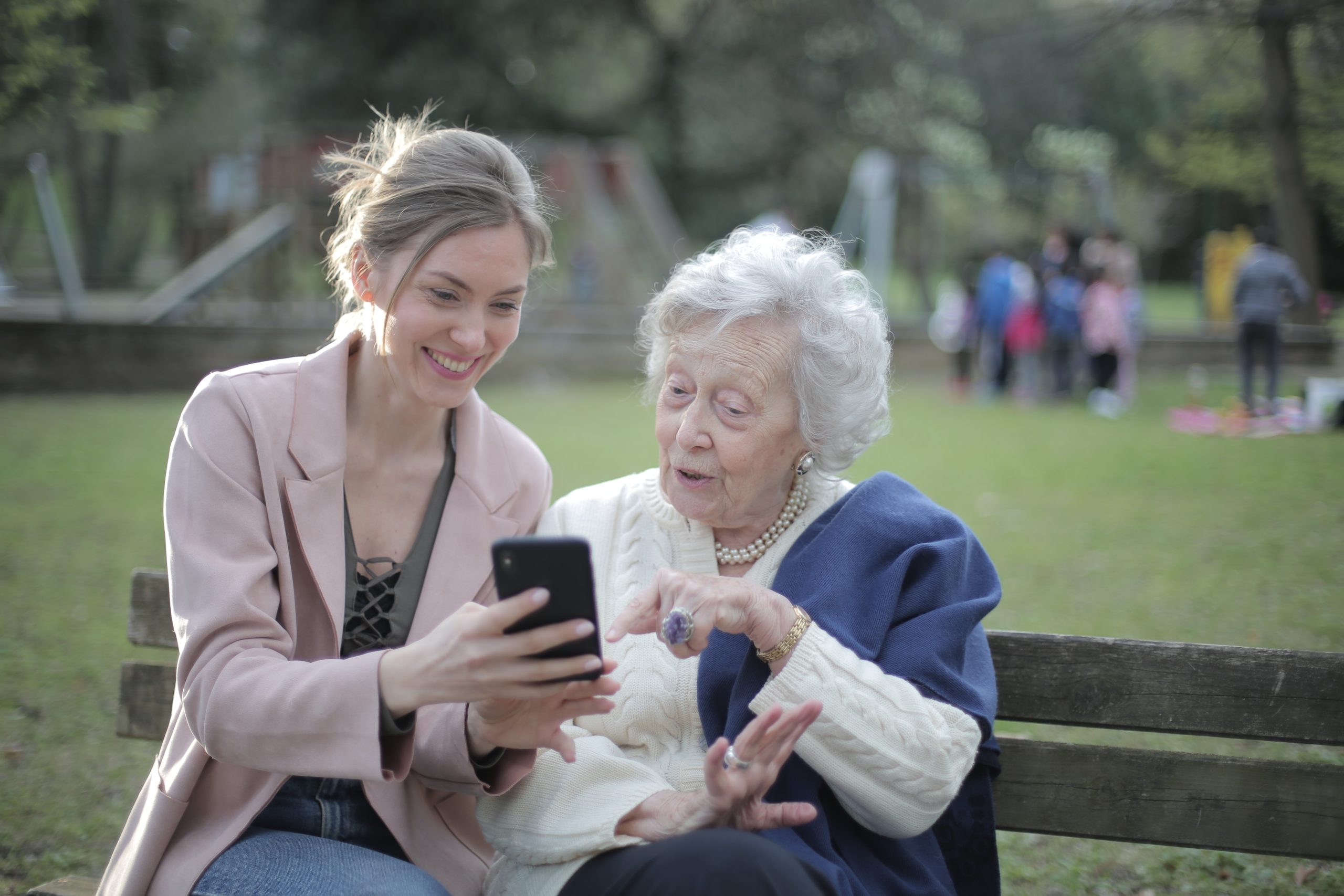In a digital age where screens are ubiquitous, setting healthy boundaries for children’s screen time has become an increasingly pressing issue for parents. With the advent of parental control apps, the ability to manage and limit children’s screen time has taken a significant step forward. But how effective are these tools in achieving this goal? Let’s delve deeper into the efficacy of parental control apps in limiting screen time.
The Importance Of Limiting Screen Time
To fully understand the value of parental control apps, it’s crucial to appreciate why limiting screen time is so essential. Excessive screen time can lead to numerous health issues, including eye strain, obesity, sleep disorders, and even behavioral problems. Furthermore, it can hinder crucial aspects of a child’s development, such as physical activity, face-to-face social interaction, and educational growth.

Understanding Parental Control Apps
Parental control apps are digital tools designed to help parents monitor and manage their children’s online activities. Depending on the brand that you chose,they typically offer various features such as content filtering, app blocking, tracking online activity, and most importantly for this discussion, limiting screen time. Aura parental controls, for example, can do most of these activities while MMGuardian, which is another brand, only has lesser features.
How Parental Control Apps Limit Screen Time
These apps allow parents to set specific daily or weekly screen time limits for their children’s devices. Once the limit is reached, the device automatically locks, preventing further use. Some apps even allow parents to allocate more time for educational apps, set ‘bedtime’ periods where devices are inaccessible, and designate ‘unplugged’ times for family activities.
The Efficacy Of Parental Control Apps In Limiting Screen Time
There’s little doubt that parental control apps can be an effective tool for controlling screen time. By automating the process of setting and enforcing screen time limits, these apps can relieve parents of the constant need to monitor their children’s device usage manually. They also provide parents with valuable insights into how their children are spending time online, enabling them to guide their children towards healthier digital habits.
Several studies support the effectiveness of these apps. For example, a study published in the Journal of Medical Internet Research found that children using devices with parental control apps had significantly reduced screen time compared to those without.
The Limitations Of Parental Control Apps
Despite their benefits, parental control apps also have their limitations. They may cause friction in the parent-child relationship, with children feeling their privacy is invaded or their autonomy is undermined. Some older children and teenagers may also find ways to bypass these controls, reducing their effectiveness.
Moreover, these apps can’t differentiate between high-quality screen time (e.g., educational content, creative apps) and low-quality screen time (e.g., mindless scrolling, violent games). This differentiation is crucial as not all screen time is created equal.

Effectiveness Is More Than Just Limiting Access
While parental control apps can effectively limit screen time, their real value lies in promoting a healthier relationship with technology. The objective should not be merely to restrict screen time but also to educate children about responsible and balanced device usage. Parental control apps can serve as a conversation starter about digital wellbeing, making children active participants in managing their screen time.
The Future Of Parental Control Apps And Screen Time Management
With the continued evolution of technology, parental control apps are set to become more sophisticated and personalized. Future versions may better differentiate between different types of screen time, allow for more nuanced controls, and provide personalized recommendations based on a child’s age, interests, and behavior.
A Tool, Not A Solution
In conclusion, parental control apps can effectively limit screen time, but they are not a silver bullet. They are a tool—a part of the solution, not the solution itself.
The effectiveness of these apps hinges not just on their technical capabilities but also on how they are used within the broader context of promoting digital wellbeing. Open conversations about balanced device usage, setting a good example, and encouraging offline activities are equally, if not more, important in managing screen time.
Parental control apps can certainly assist in the challenge of limiting screen time, but the ultimate responsibility lies with parents and children to cultivate a balanced and healthy relationship with technology. It’s a nuanced and ongoing task, but with the right approach and tools, it is definitely achievable.
Hey welcome to my blog . I am a modern women who love to share any tips on lifestyle, health, travel. Hope you join me in this journey!

Speak Your Mind